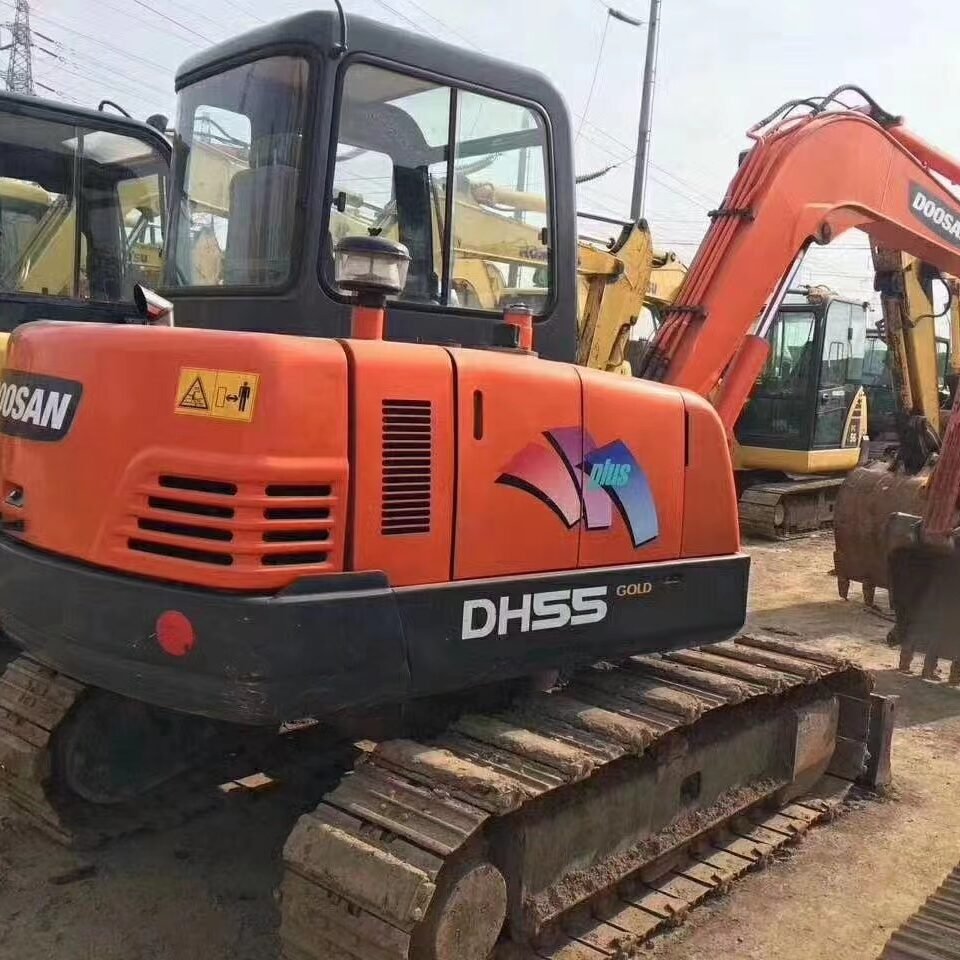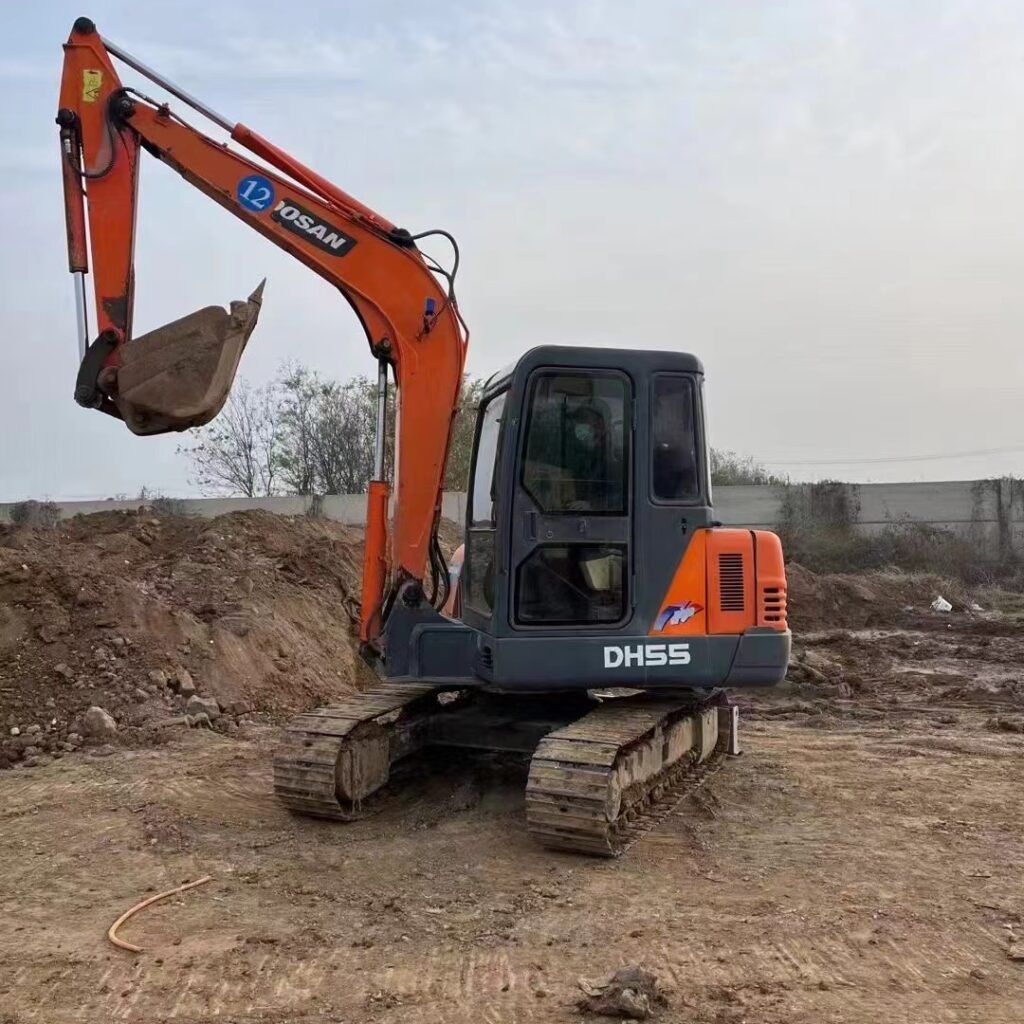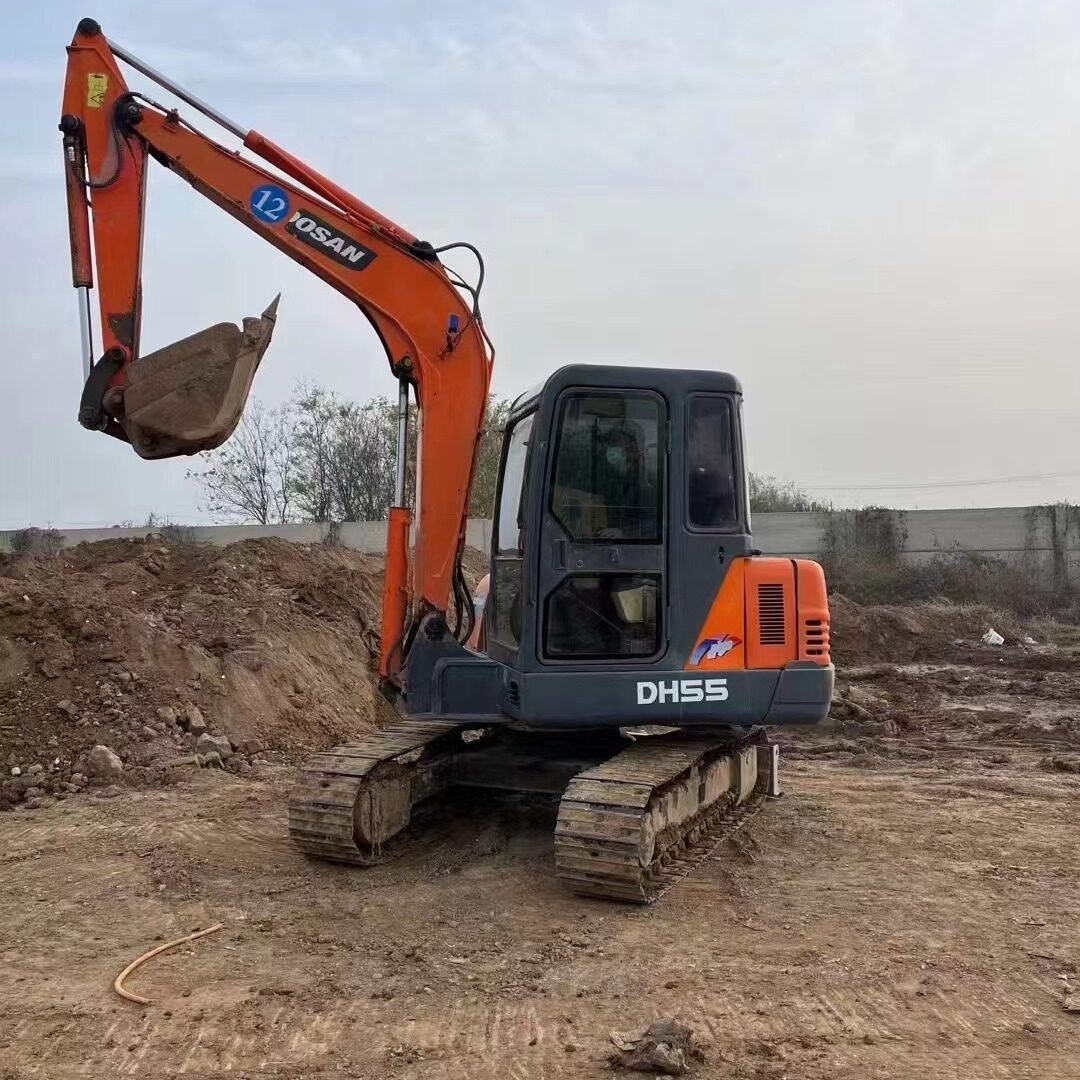I. Introduction
- Background: With the expansion of the global market, more companies are choosing to export excavators. These high-value pieces of equipment face numerous potential risks during transportation, including damage, loss, and delays. Thus, ensuring the safety of the equipment during transit is crucial.
- Purpose and Significance: This article aims to emphasize the importance of purchasing transportation and cargo insurance to mitigate potential losses that may arise during shipping, thereby protecting both the economic interests and reputation of the company.
II. Analysis of Transportation Risks
1. Common Transportation Risks
- Damage Risk: Equipment may suffer physical damage during transit due to collisions, tilting, or improper loading, especially during long-distance transport.
- Loss Risk: There is a possibility of equipment being lost or untraceable during shipping due to various reasons, such as accidents or theft.
- Weather Factors: Adverse weather conditions, such as heavy rain, storms, or snow, can lead to transportation delays, equipment damage, or safety hazards.
2. Impact of Risks on Businesses
- Economic Losses: Damage or loss of equipment can lead to direct financial losses, as companies must bear repair costs and may also face expenses for procuring replacement equipment.
- Reputation Damage: Transportation accidents can affect delivery schedules and may have long-term negative impacts on the company’s reputation, damaging customer trust and satisfaction.

III. Necessity of Purchasing Transportation and Cargo Insurance
1. Protecting Economic Interests
- Loss Compensation: Insurance provides financial compensation for damaged or lost equipment, helping to alleviate the financial burden and potential losses on the business.
- Risk Transfer: By purchasing insurance, companies can transfer the risks associated with transportation to the insurance provider, reducing their own risk exposure.
2. Enhancing Transportation Safety
- Professional Protection: Insurance companies often offer professional risk assessment and management services to help businesses identify and mitigate transportation risks, providing safer shipping solutions.
- Building Customer Trust: Purchasing insurance demonstrates a commitment to equipment safety, enhancing customer trust and potentially increasing customer satisfaction and loyalty.
IV. Choosing the Right Insurance Plan
1. Types of Insurance
- Cargo Transportation Insurance: Specifically designed to cover losses or damages to goods during transportation, ensuring compensation in the event of an accident.
- Comprehensive Coverage: Consider purchasing a comprehensive insurance plan that includes liability and property insurance for broader protection.
2. Insurance Terms
- Coverage Scope: Clearly define the scope of coverage, including natural disasters, accidents, theft, etc., to ensure compensation under various circumstances.
- Deductible: Pay attention to the deductible amount, ensuring reasonable compensation in the event of a loss and understanding how it affects the claim amount.
V. Summary and Recommendations
- Comprehensive Assessment: Summarize the importance of transportation and cargo insurance in the export of excavators, highlighting its critical role in ensuring equipment safety and protecting business interests.
- Practical Suggestions: Recommend that companies make it a priority to purchase appropriate transportation and cargo insurance when exporting excavators to ensure equipment safety, reduce potential risks, and maintain their economic interests and market image.



